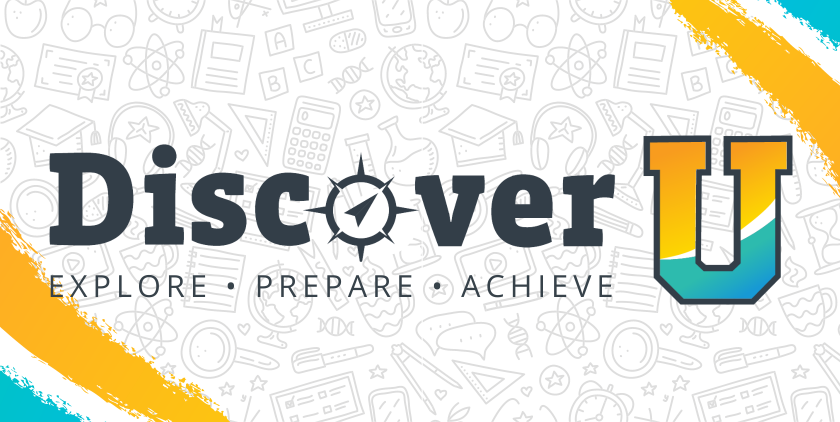Library NExT

DiscoverU is the new home of STEAM programming at San Diego Public Library.
Got questions? Please contact: DiscoverU@sandiego.gov

DiscoverU is the new home of STEAM programming at San Diego Public Library.
Got questions? Please contact: DiscoverU@sandiego.gov